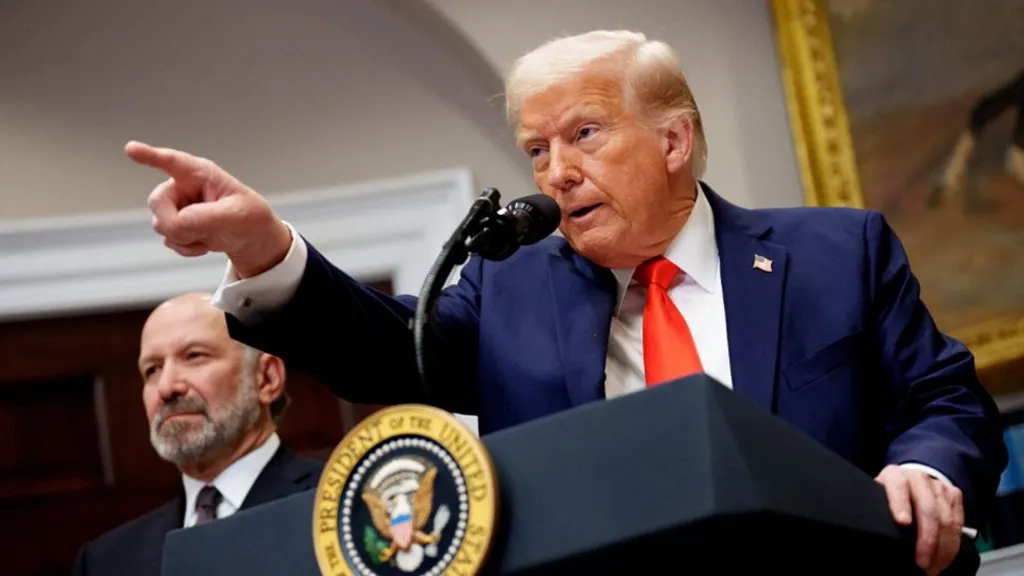Volvo gives up plan to sell only EVs by 2030
Written by BBC on September 5, 2024
Car company Volvo has announced it has abandoned its target to produce only fully electric cars by 2030, saying it now expects it will also be selling some hybrid vehicles by that date.
The car maker blamed changing market conditions for its decision to give up a target it had announced only three years ago.
It comes as the industry faces a slowdown in demand in some major markets for electric vehicles (EVs) and uncertainty due to the imposition of trade tariffs on EVs made in China.
Volvo, which has traditionally flaunted its environmental credentials, joins other major car makers General Motors and Ford, which have also rowed back on their EV ambitions.
Volvo now expects at least 90% of its output to be made up of both electric cars and plug-in hybrids by 2030.
The Swedish company may also sell a small number of so-called mild hybrids, which are more conventional vehicles with limited electrical assistance.
‘Transition will not be linear’
“We are resolute in our belief that our future is electric,” said Jim Rowan, chief executive of Volvo, in a statement.
“However, it is clear that the transition to electrification will not be linear, and customers and markets are moving at different speeds.”
The company also said the business climate for EVs had changed, due to factors such as a slow rollout of charging infrastructure and the withdrawal of consumer incentives.
Independent equity analyst Anna McDonald said consumers still had concerns about switching to EVs.
“Some of the subsidies that governments had put in place to encourage electric car purchases have ended and also there’s just that ongoing lack of demand because consumers are worried about charging,” she told BBC Radio 4’s Today programme.
“It still remains the case that electric cars remain more expensive.
“While the EU and the US are putting tariffs on Chinese cars that are imported to stop them kind of swamping the market, that just means that vehicles have to be made outside China which is more expensive in themselves
“Car manufacturers are not keen to start making a loss on these vehicles,” Ms McDonald said.
Registrations of EVs across the European Union dropped by nearly 11% in July, according to the European Automobile Manufacturers Association.
Volvo is majority-owned by Chinese car giant Geely and because it uses factories in China, it will also be affected by tariffs on imports of Chinese-made EVs in Europe and North America.
Last week, Canada announced it was imposing a 100% tariff on imports of China-made electric vehicles, after similar announcements by the US and the EU.
Western countries have accused China of subsidising its EV industry, giving its car makers an unfair advantage.
China has rejected those allegations and criticised the tariffs as “discriminatory”.
Ford has also been scaling back on its EV ambitions. Just last month, the US car giant announced it was scrapping plans for a large, three-row, all-electric sport utility vehicles (SUVs) and postponing the launch of its next electric pick-up truck.
Its rival General Motors has also been cutting EV production goals in the last year.




